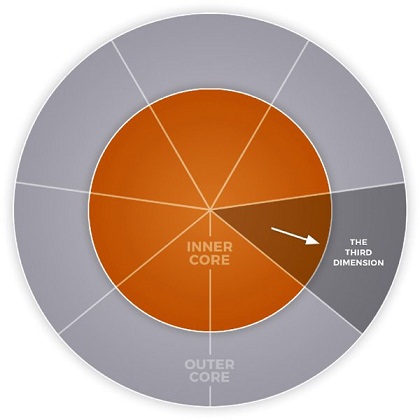CHAPTER 4 Having a Mindset of Entitlement versus a Mindset of Duty

Few of us would argue with the fact that in today’s society, especially in the West, there is a ubiquitous presence of an entitlement mentality. Gone are the days when the daily struggle to survive, to put bread on the table, was the way of life for the majority of the population. Instead, we see an ever-increasing number of people with an overinflated sense of their skills and capacities, and a belief that they should get rewarded for simply showing up. The blood, sweat, and tears of earlier generations that laid the foundation for the wealth and prosperity that so many individuals enjoy today are far in the rearview mirror. Being out of touch with what it takes to succeed, and expecting that the privileges that you have are, in fact, not privileges but your God-given right, creates a mindset that can inhibit your ability to work hard through unexpected challenges. And this entitlement mentality is having negative effects everywhere, from the classroom to the boardroom.
The entitlement mentality is fueled, in part, by narcissism, which is on the rise. In her 2009 book, The Narcissism Epidemic: Living in the Age of Entitlement, Dr. Jean Twenge, a psychology researcher at San Diego State University, charts the rise of this broad scale sense of self-importance. She compared the results of the Narcissistic Personality ...
Get The Intelligent Leader now with the O’Reilly learning platform.
O’Reilly members experience books, live events, courses curated by job role, and more from O’Reilly and nearly 200 top publishers.

